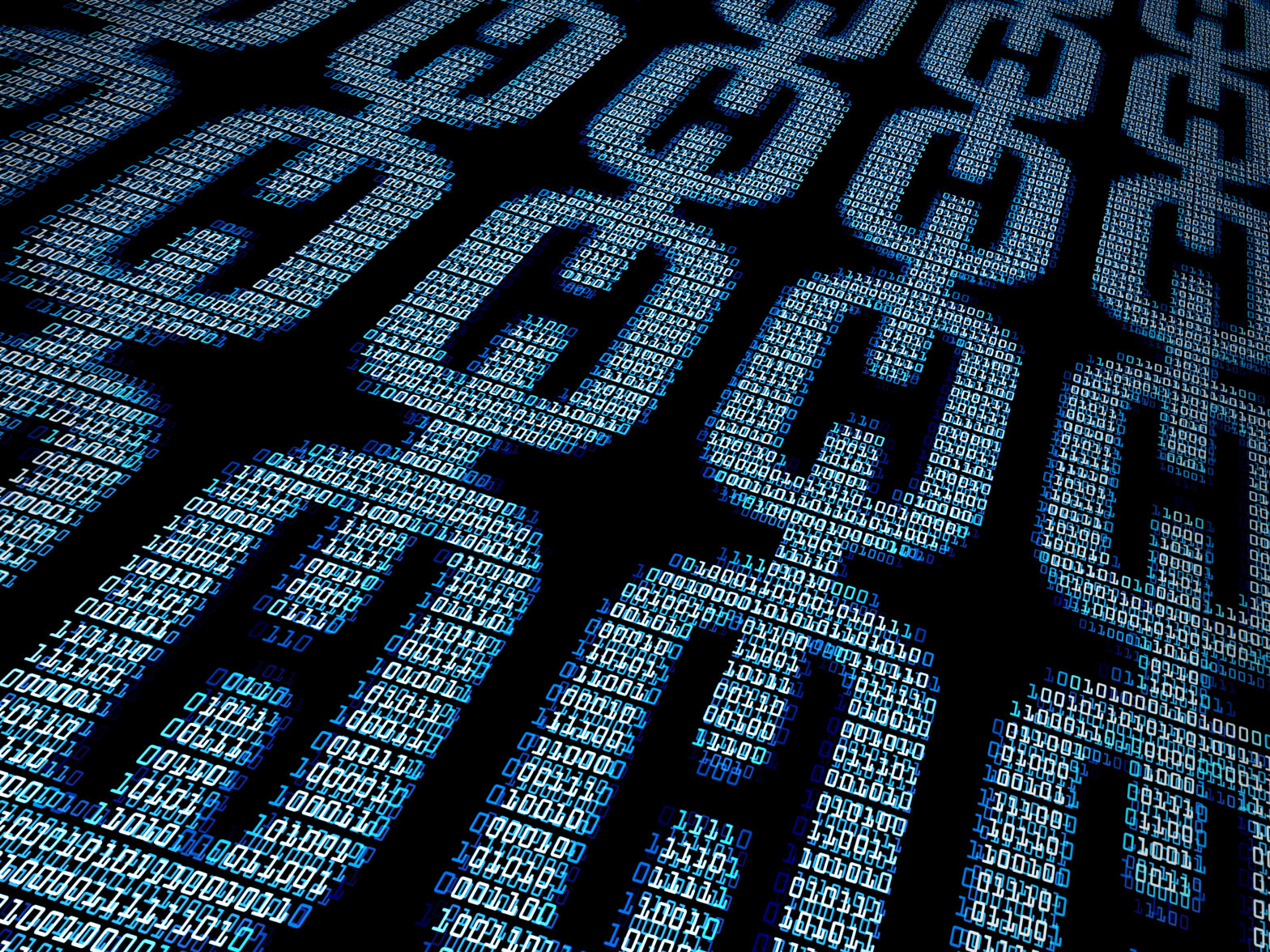Blockchain is a distributed public ledger, and it allows people to securely put information onto a record that other people can see. This then becomes an asset registry for both content and assets, like documents and identities.
The public blockchain is a platform where everyone can record their information on, according to different use cases or different industries.
>See also: Emerging from bitcoin’s shadow: The rise of blockchain
In the latest installment of Innovation Spotlight, Antony Abell – managing director and founder of TrustMe (a blockchain applications company) – goes into detail about this technology trend that is shaking up traditional business models – not least the financial services industry.
He said that blockchain is changing transactions, just as email changed communications.
“It’s that fundamental. For many people coming to grips with what the blockchain is all about, it is a sea change that will probably affect every industry that we currently know, and every transaction that we have anything to do with. And we’ll see more and more of that as we go through, both personally but also behind the scenes, particularly in supply chain management and the registration of assets around the world for whatever purpose they may be used for.”
Ultimately, blockchain is going to change the way businesses do business. It’s going to make the processes by which they do business much more efficient, faster and secure.
“What’s happening with the blockchain,” continued Abell, “is that it is an extremely good, public, auditable ledger, i.e. record, of the ownership of an asset. So, as an asset moves through a supply chain from A to B to C and all the way through to the point it gets to the consumer – the blockchain enables you to record that information in a way that can’t be hacked or otherwise falsified.”
>See also: Blockchain in the financial post-trade area
This is important, continued Abell, as elements of trust in digital relationships from the consumer is declining with the rise of cyber threats like ransomware.
“What’s actually happening here is that people can use the blockchain to identify people, have enough confidence to trade with them without necessarily having met them before, and re-instigate and reintroduce some of the trust that we are currently losing in our digital relationships.”
The financial services industry is being particularly impacted by blockchain.
Abell explains that the blockchain in the financial industry “takes such things as AML (anti-money laundering), KYC (know your client) and actually puts that information in an encrypted form on the blockchain that enables everyone to do their transactions more quickly.”
>See also: The impending use of blockchain in financial services
AML or KYC are used every time someone does a transaction, and “in theory the blockchain will allow you to just do that once, maintain that record and then everyone who needs it can refer to it.”
“Over time you build up a profile as you sit with your identity on the blockchain, and that time and the number of transactions you do starts to give you a higher credibility. And then makes the digital transactions that we then do – the digital transactions with third parties and anonymous parties – it makes it much more simple, because all of a sudden, although we haven’t had to distinctly confirm each and every identity in the process, we have a very high level of confidence of who we are dealing with and it makes these transactions work.”







